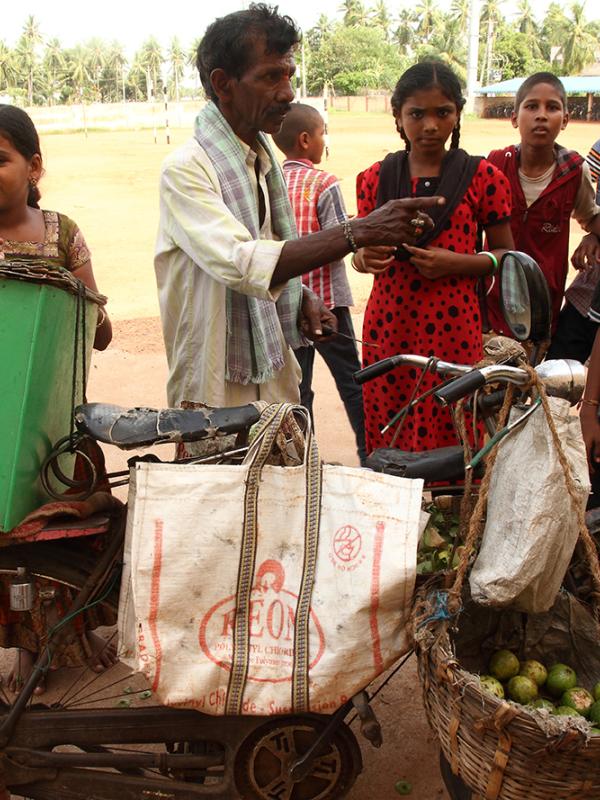Breadcrumb
Communicating our work is vital at all levels, from the children and grassroots communities we work with, to government officials and the international decision-makers who shape policy and practice. Our aim is to bring about child-focused, evidence-based policymaking.
Policy monitoring and analysis
Our research data is supplemented by policy analysis to review how national and State government policies are implemented at the local level and how they affect poor children and their families.
This helps us understand how government policies and promises actually play out at a community level and what impact they have on the lives of children. Collecting this information and monitoring the policy environment contextualizes our findings and deepens our evidence base.
In India, our policy work focuses on education, adolescents, early marriage, the labour market, and nutrition. We are also part of informal consortiums and conglomerations committed to child and youth rights and issues concerning children and youth. Through such consortiums, we engage with key policymakers and share our findings and evidence-based policy messages. In addition, we are members of different government working groups such as the Working Group on Early Childhood Development (ECD) Policy. We also participate and share our findings in various consultations organised by government ministries at the state and national levels.
Community reciprocity
We are committed to ensuring our findings and policy recommendations are used to support pro-poor, child-sensitive policies. A core component of this is to ensure that our research is beneficial for the respondents and their wider communities. We provide relevant, valuable information about our aims and our findings related to the children who are now young adults, families, and communities involved in the research.


